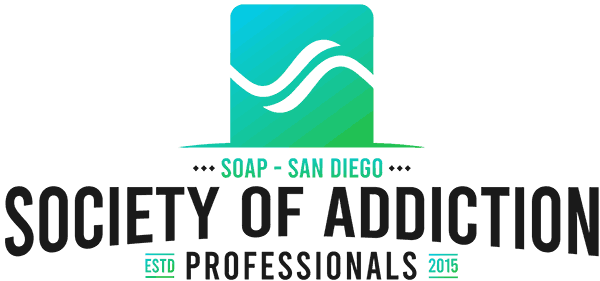Many people in recovery have families where there is dysfunction or shared pain across generations. Some people have several generations of pain or trauma, which continues to play a role in family relationships and behaviors. Intergenerational trauma affects people and families in different ways. In recovery, acknowledging this trauma and learning to find peace and healing is essential to family dynamics.
What Is Intergenerational Trauma?
Have you ever thought that your family passed down some traits considered “bad”? Or have you ever heard rumors of a family curse or bad luck in the family? This is often how family members perceive intergenerational trauma.
Trauma can change how a person thinks, feels, and perceives their place in the world. Substance use disorder often runs in families. So does this method of coping with trauma. After all, young people often see family members who use substances may also end up using drugs.
Much intergenerational trauma comes from one upsetting event that affected the family long ago. Families that survived war or famine overseas may have passed on a particular perspective based on their trauma. People who have fallen victim to gun violence, domestic violence, or deep poverty may carry the trauma of those experiences throughout life. They may tell younger family members never to share family business or not trust the government based on their experience. They may have been cold and taught children never to show their feelings, even good ones. Many coping skills may be unhealthy and impair their ability to form intimate relationships.
Intergenerational Trauma And Recovery
Often, intergenerational trauma causes dysfunction in families. This is important to acknowledge because families often become a part of a person’s recovery. Sometimes, sources of dysfunction and suffering come out in family therapy. These conversations about traumatic experiences can be frightening and cathartic.
Parents in recovery often struggle with how to handle their child’s addiction. Due to their trauma and fears, they may place unreasonable expectations on their family member. One-on-one therapy may help them work through their challenges and understand themselves more.
For example, they may be opposed to a family member sharing at a meeting about their own family. They may feel this way because of something that happened in the past where somebody broke their trust. But it’s not in their control what their recovering child says or does at 12-step meetings. The most important thing is that they go and stay sober.
Discussing the more challenging parts of life does not come naturally to all family members. However, compassion and new solutions often follow when families can discuss their trauma and why they act a certain way. After all, everyone is human, and we are all doing our best to.
About SD-SOAP
SD SOAP welcomes people who work in addiction recovery to join our network. Join us and learn about new tools and therapies and meet others in the industry with a passion like yours!
Check out our calendar to learn about upcoming talks and free online meetings.

